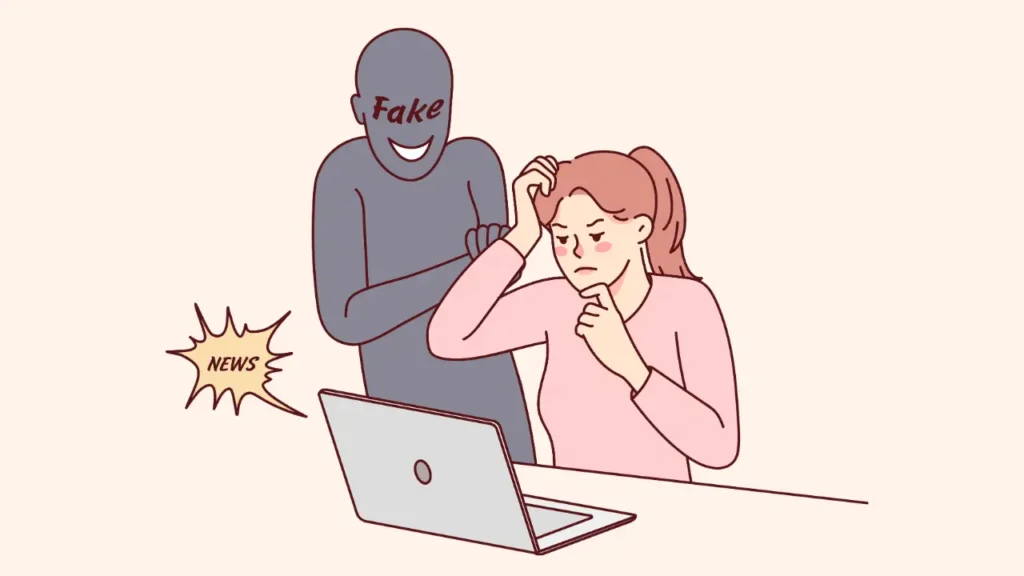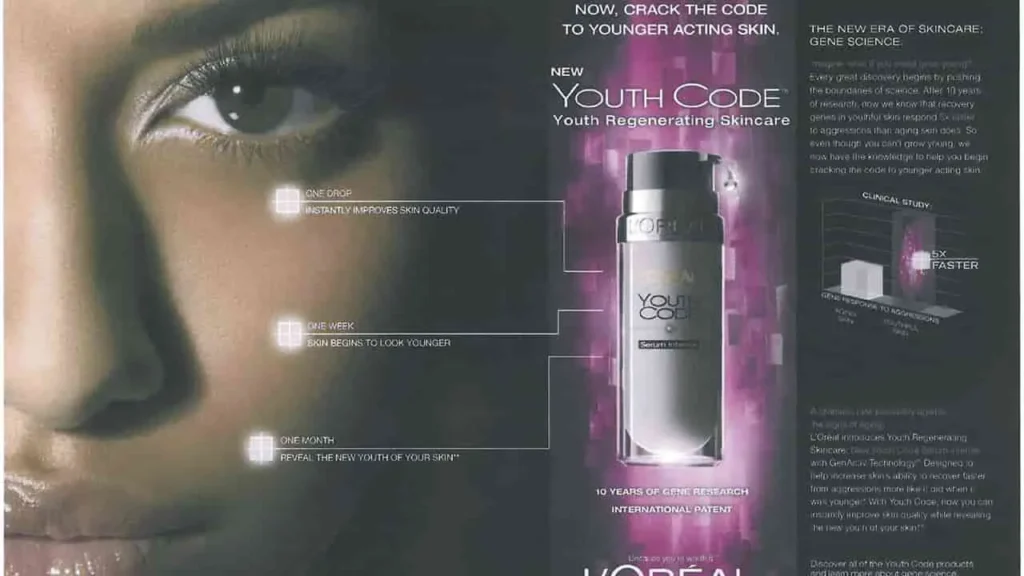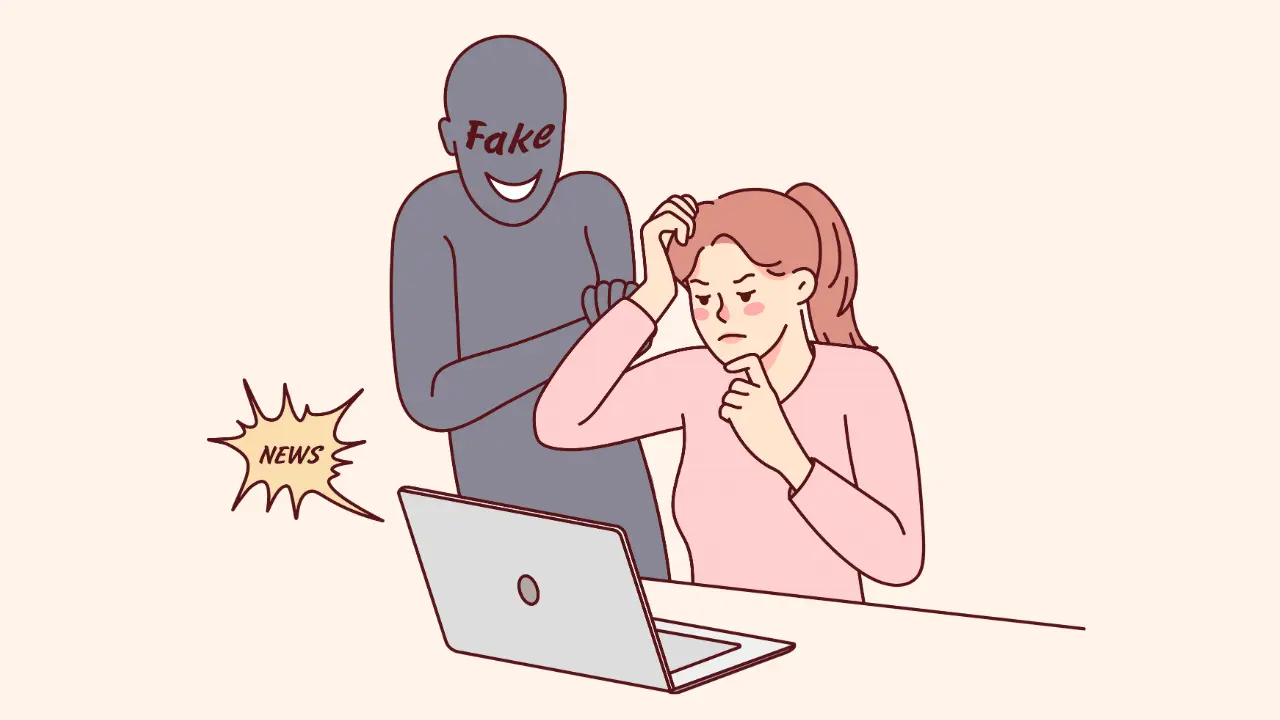12 Latest False Advertising Statistics of June 23

Hold onto your wallets, folks, because the world of digital advertising is about to get wild!
The estimated cost of digital ad fraud worldwide, from 2018 to 2023, is expected to skyrocket like a rocket on steroids. We’re talking about jumping from a “mere” 35 billion dollars in 2018 to a mind-boggling 100 billion dollars by 2023.
Can you imagine?
That’s like purchasing 100 billion cheeseburgers from your favorite fast-food joint!
The Staggering Billions Lost to Digital Ad Fraud Worldwide (2018-2023)
Now, let’s zoom in on the United States, where digital ad fraud costs are predicted to reach a whopping 81 billion dollars in 2022. It’s clear that with the digitization of everything, even advertising, the risk of fraud is growing like a weed in an untended garden.
Sadly, as ads are traded more and more programmatically, our superhero fraud detection processes haven’t yet caught up. This leads to a lot of ads being served to pesky bots instead of real, potential customers.
Talk about a waste of good ad space!
Programmatic advertising may seem like a gift from the gods, with its automation of the buying and selling of online ads. But beware, dear friends, for this convenience comes at a price. Scams are lurking around every corner, ready to pounce on unsuspecting advertisers!
In 2019, an alarming 20% of ad impressions served programmatically in the were fraudulent. India, on the other hand, held the dubious honor of having the highest programmatic ad fraud rates during that time.
It’s no wonder that global marketers are shaking in their boots, with nearly a quarter of them expressing high concerns about ad fraud. Another 49 percent are apprehensive about the issue, and who can blame them?
Until we develop more effective tracking tools and implement stricter regulations on online ad publishing, ad fraud will continue to be the pesky mosquito that just won’t go away for advertisers and media buyers.
Some false advertisement statistics
Worldwide ad fraud statistics:
- Ad fraud cost $51 M per day (Source: Forbes)
- 2019 data: 38.4% believed celebrities endorsed products they don’t use (Source: Data Bridge)
- Digital ad fraud will cost $100 B+ in 2023 (Source: Statista)
- 73.6% of claimed statistics are false (Source: Business Insider)
Brands sued for false advertising
L'Oreal
Gene-ius or Deceptive? The Foundation-Handed Fiasco of L’Oreal’s Youthful Promises

First up, we have L’Oreal caught red-handed, or should I say, foundation-handed?
In 2014, they claimed that their Lancôme Génifique and L’Oréal Paris Youth Code skincare products were “clinically proven” to boost genes and make skin look younger in just a week.
The problem? They didn’t have any actual studies to back up those claims. In fact, “boost genes” sounds more like a sci-fi catchphrase than a genuine scientific claim. The FTC had to step in and teach L’Oreal a lesson about honesty in advertising.
Volkswagen
Hide-and-Seek Emissions: The Scandalous Tale of Volkswagen’s Not-So-Clean Diesel Deception
Volkswagen claimed their line of diesel vehicles were “clean diesel,” but it turned out they were secretly using “emission defeat devices” to cheat on government tests.
It’s like they were playing a high-stakes game of hide-and-seek with emissions regulators. Unfortunately for Volkswagen, the truth came out, and they had to compensate 600,000 US owners for their deceptive practices.
Airborne
Force-Field Fables: The Airborne Immunity Scandal That Left Germs Unimpressed

Next, we have Airborne, the dietary supplement brand that claimed its products could ward off germs and boost your immune system. Too bad they didn’t have any studies to back up those claims either. It was like claiming you have a force-field against germs without any evidence.
The Center for Science in the Public Interest had to step in and sue Airborne, resulting in a settlement of over $23 million for affected consumers.


